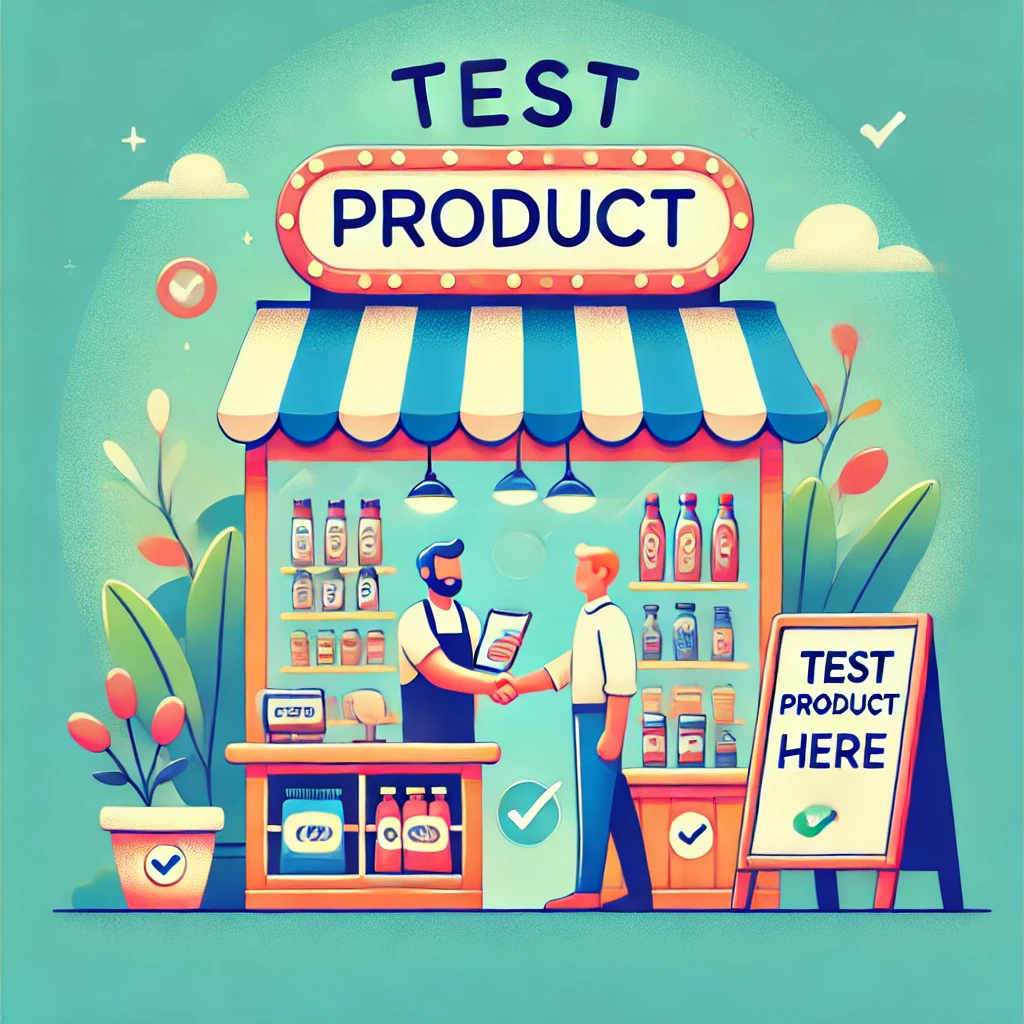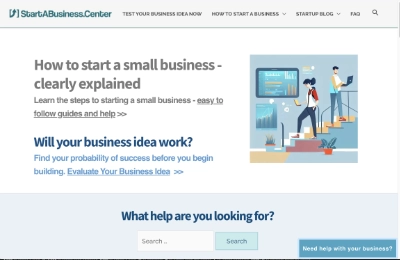The first thing an entrepreneur searches online if they have a retail product is “How to Test A Retail Product in Local Shops“
Here’s the TLDR;
You can test your product in local shops if you’re willing to give them to the shop owner at a deep discount, or even free.
The value you’ll get from knowing how well your products sell is invaluable!
Online sales can be slow initially as customers are hesitant to buy from an unknown entity. A powerful strategy to overcome this hurdle is testing your product in local shops.

This approach offers invaluable real-world feedback, generates initial sales, and builds a tangible track record.
This article explores how to effectively test your retail product in local shops and leverage the results for future growth.
Testing your product in local shops provides real-world validation, generates early sales, and builds brand awareness within your community.
Why Test Your Retail Product in Local Shops?
Partnering with local shops offers several advantages for new product launches. It’s an effective way to gather real-time feedback from actual customers in a real-world setting. This is a crucial first step for anyone starting a business.
- Real-World Feedback: Direct interaction with customers provides invaluable insights into product appeal, usability, and potential improvements.
- Generate Initial Sales: Even small sales in local shops can build momentum and demonstrate product viability.
- Build Brand Awareness: Placement in local shops introduces your product to a new audience and increases brand visibility within your community.
- Develop a Sales History: Positive sales data from local shops can be used as leverage when approaching larger retailers or investors.
Approaching Local Shops
The key to successful partnerships with local shops is a well-crafted pitch and a mutually beneficial agreement.
- Identify Target Shops: Choose shops that align with your product’s target market and brand image.
- Locally owned shops: These shops will have the ability to carry your product, whereas larger chain stores probably won’t.
- Prepare a Compelling Pitch: Clearly articulate the benefits of carrying your product, including potential profit margins and marketing support.
- Find the manager or owner: You need to talk to a decision maker who can help you.
- Offer Incentives: Consider offering a deep discount on wholesale prices or even providing a free case of product for initial placement.
- Establish a Clear Agreement: Outline the terms of the partnership, including pricing, product placement, and return policies.
- Learn From the Shop Owner: Even if they won’t take your product you can ask their advice on what they think and whether it’s well-executed or why they feel it’s not a match for their clientele.
Maximizing the Testing Period
Once your product is placed in local shops, it’s essential to actively monitor its performance and gather feedback.
- Track Sales Data: Monitor sales figures to understand product demand and identify any trends. You need to know how to make a business profitable. Read more about making a business profitable.
- Gather Customer Feedback: Talk to shop owners and customers to gather feedback on the product’s quality, packaging, and overall appeal. Learn more about getting customer feedback.
- Promote Your Product in the Shops: Consider providing marketing materials, such as flyers or shelf talkers, to promote your product within the shops.
Leveraging the Results
The data and feedback you gather from testing in local shops can be invaluable for refining your product, marketing strategy, and overall business plan.
- Refine Your Product: Use customer feedback to make necessary improvements to your product’s design, functionality, or packaging.
- Develop Your Marketing Strategy: Use sales data and customer feedback to refine your marketing messaging and target your ideal customer.
- Build Your Brand Story: Use your success in local shops to build a compelling brand story that resonates with customers.
Testing your product in local shops is a powerful strategy for validating your business idea, generating initial sales, and building a strong foundation for future growth.
By actively engaging with local businesses and customers, you can gain invaluable insights and refine your product to meet market demands. This is one of the most important things you should know before starting a business.

